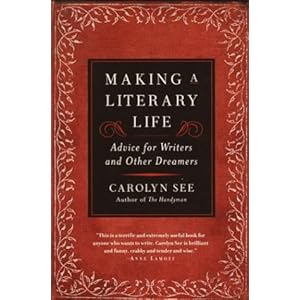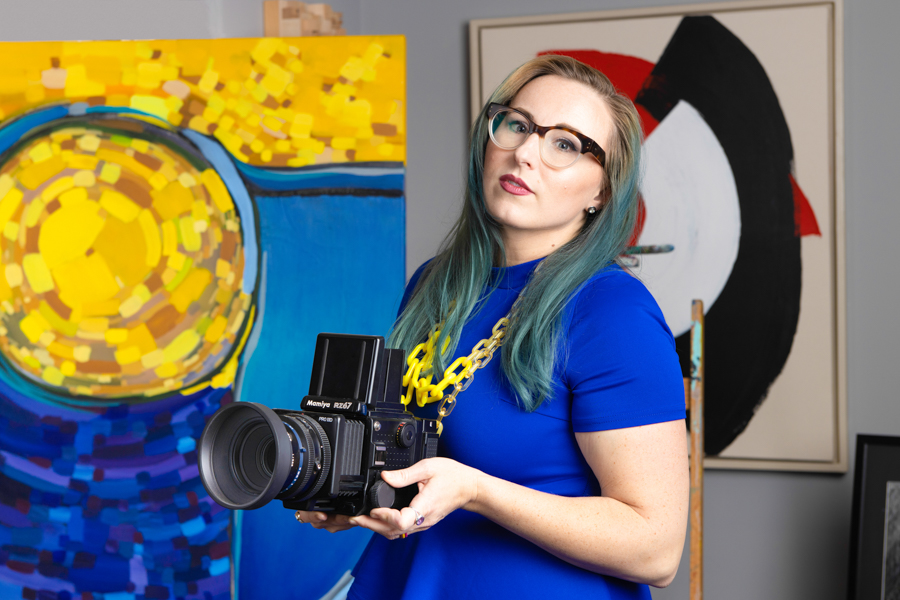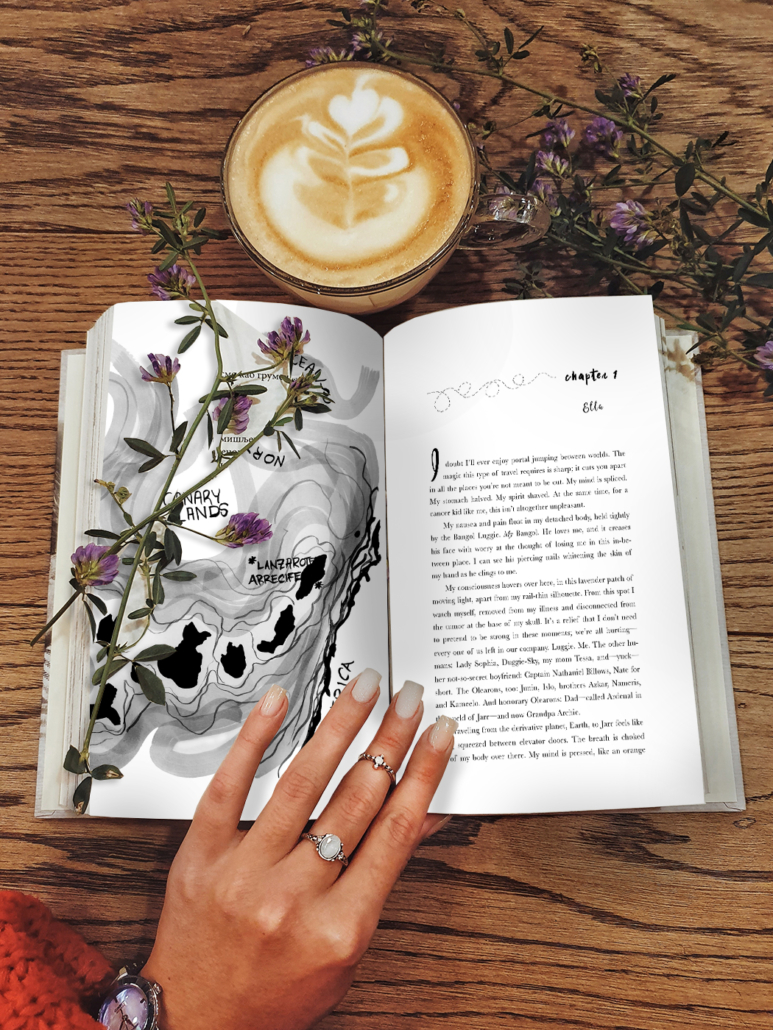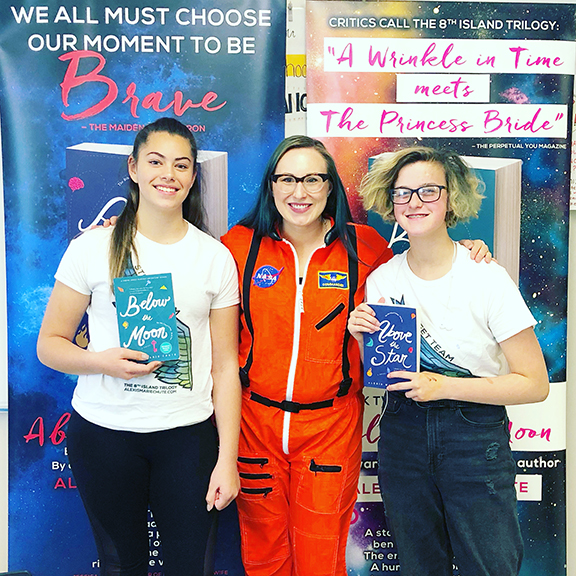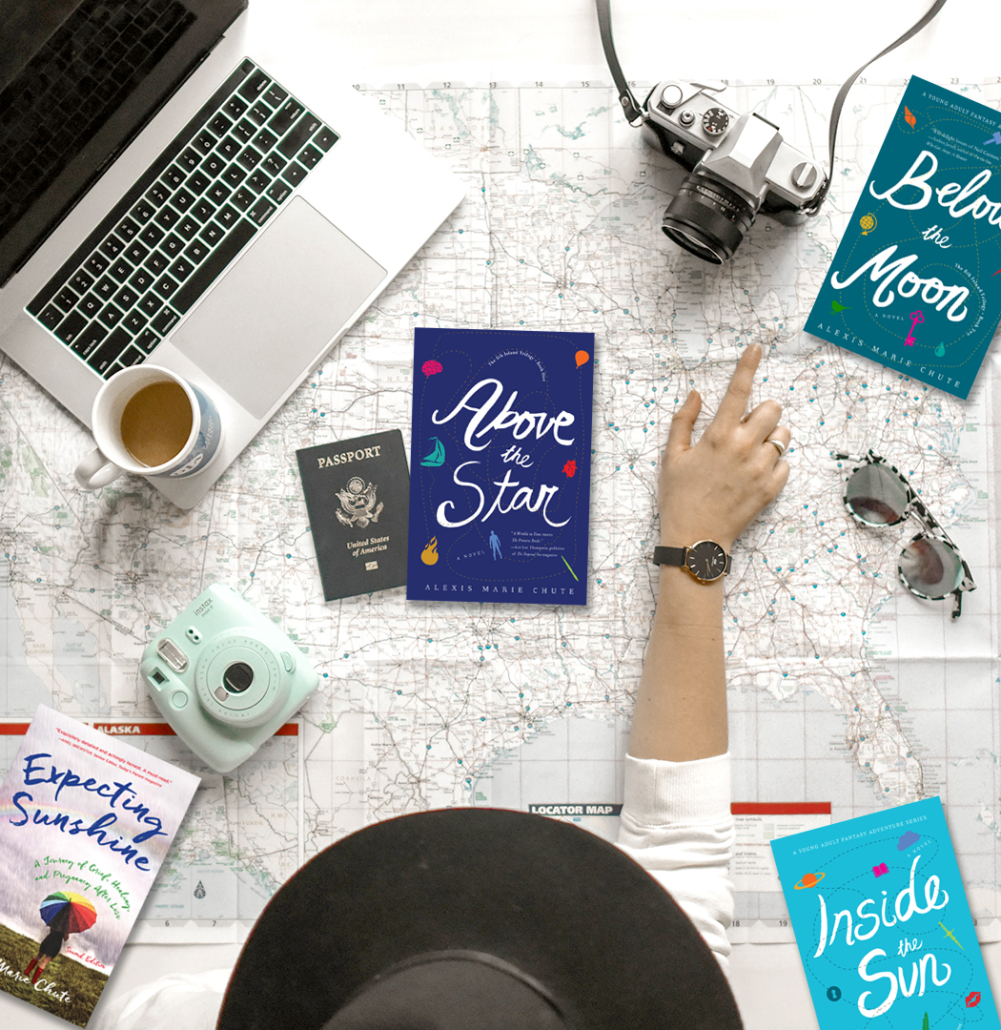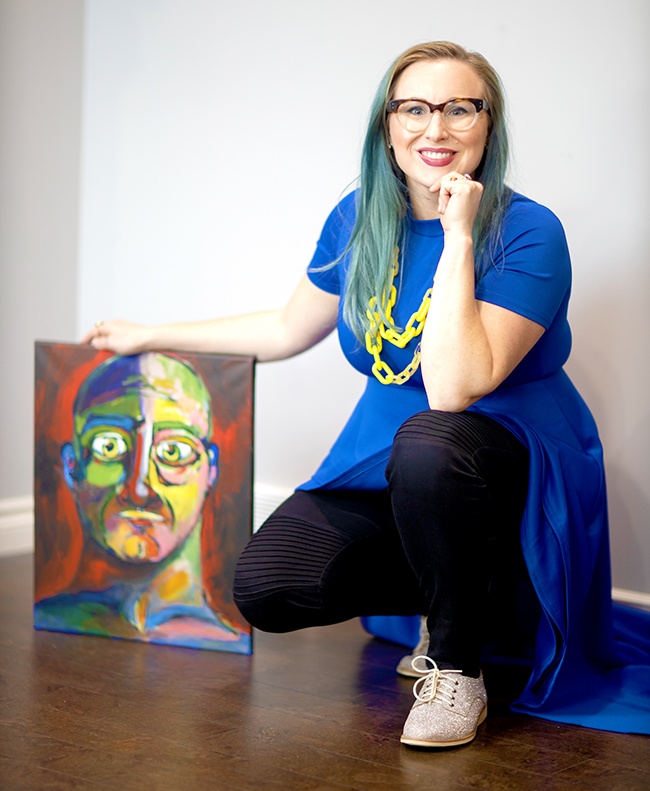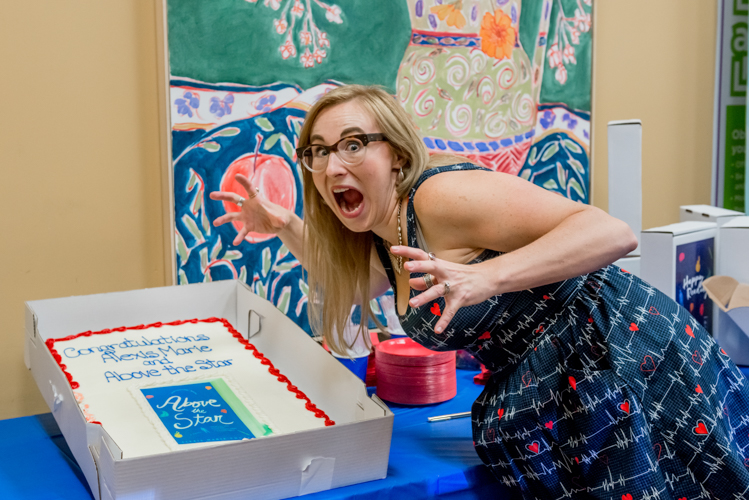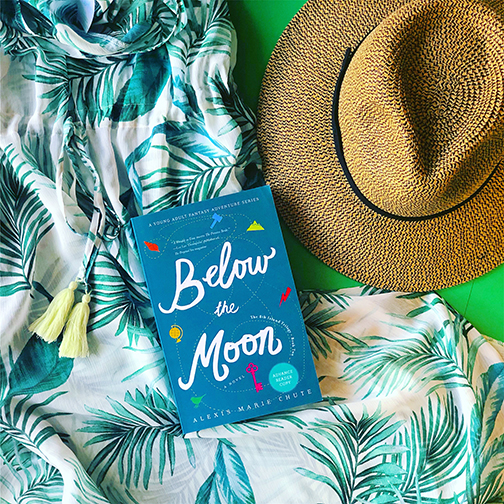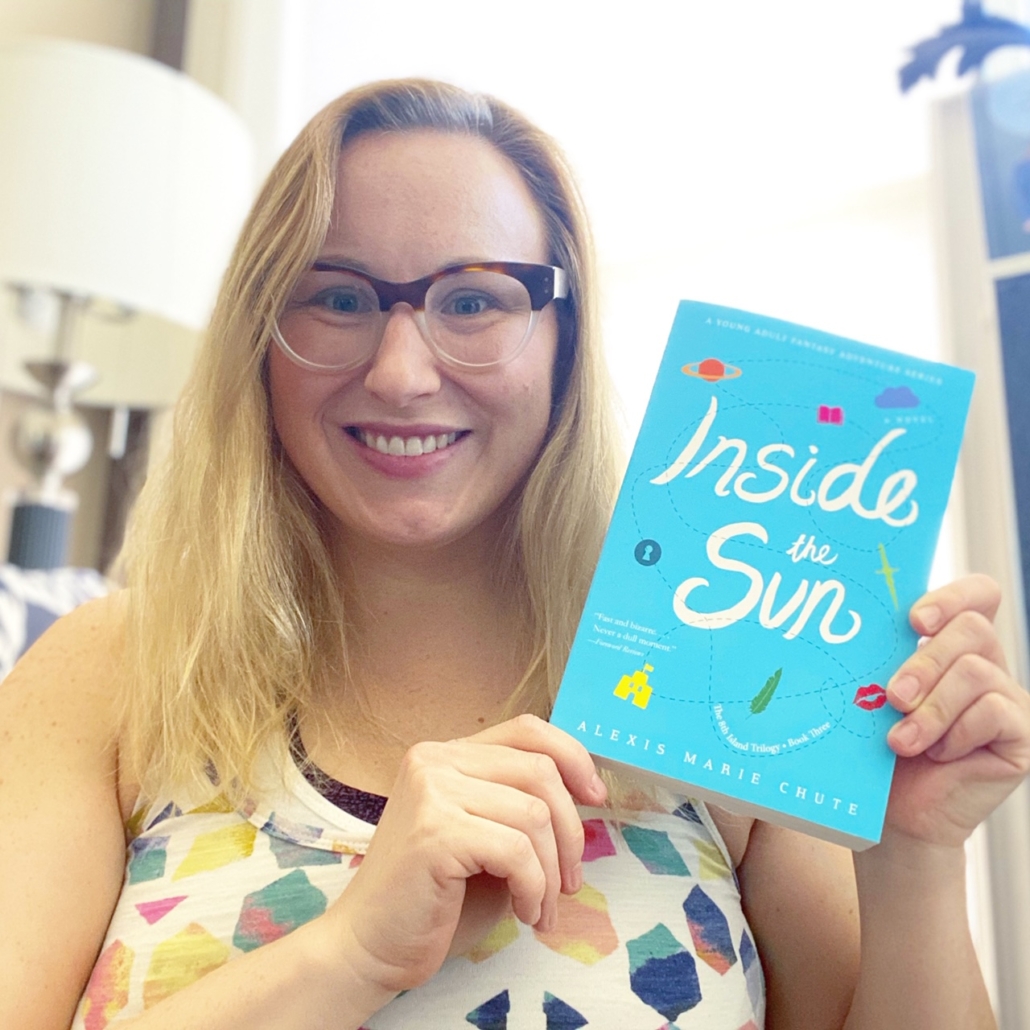Rejection as a Badge of Honour
Not many people I know talk about how many rejection letters they’ve received. It’s not a popular topic. People would much rather discuss areas of their life that are going well; the job promotion, the award, the scholarship, the blossoming relationship… And who would blame them?
I, on the other hand, want to talk about rejection. Silly me, I know, but I’ve got rejection on the brain since my latest one arrived. When I was a young writer, rejection was a dirty word, a word I avoided at all costs in hopes of self-preservation. Now, after many years as a professional writer and artist, I have learned that rejection letters are a badge of honour. Let me tell you why.

Rejections reveal perseverance.
The writer is writing, words are being put to paper, there are ideas being explored. This is the first hurtle of every creative person, to believe enough in one’s own work to create in the first place.
Rejections reveal courage.
The writer is brave enough to submit and query which in itself is a terrifying process likened to a blind date. The palms sweat but there is hope and curiosity – and who knows how it will turn out? It takes vulnerability and belief in one’s self to put the work out there. It’s admirable, commendable, and just plain heroic actually.
Rejections reveal humanity.
Most writers curse the form letter that arrives in the mail or, heaven help us, the email (I loathe rejection emails by the way – unless the query was sent by email in the first place.) I remember feeling terribly down, and shedding a tear on occasion, after receiving my early rejections. They stung – but that in itself was evidence of loving the craft, profession and the calling of being a writer. If it didn’t sting, it would show a writer cared little for their work.
Rejections reveal determination.
What is the writer’s response? Determination rises up in the face of the lost opportunity. It says, “Screw it. I’m not done yet!” and get’s back to work. It asks, “What can I do to improve my writing? Where should I send this query next? What of my writing would better fit this particular publication? How can I become even better at what I do?”
When I was a kid, Mom repeated a phrase to me over and over until I ate, slept and breathed it: If at first you don’t succeed, try and try again.
I am proud to announce that I have received over fifty (5-0!) rejection letters for my writing and artwork as of this week. I’m actually at 52 and that is just my record over the last few years where I’ve kept track. Fifty. 50. It’s an accomplishment. I stopped fretting over rejections at around the 30-mark and now just swear, sit once again at my desk and continue on.
The fiftieth anniversary gift is traditionally gold but for now a pat on the back will suffice. Yes, it’s my own hand doing the congratulating, it’s a good arm stretch really, a needed break from all the typing. Writing is a solitary act and if you can’t give yourself a pep talk, you’re in for trouble.
If I were to time travel back to my earlier self and offer encouragement, this is what I would say:
Keep writing. Never give up. The rejections will always bite but eventually you’ll learn to bite back. It does get easier. One day at a time. Success is for those that believe in themselves and their work. Good luck!
How many rejection letters have you received? How do you cope?




